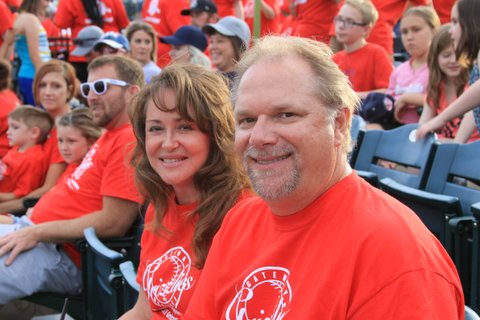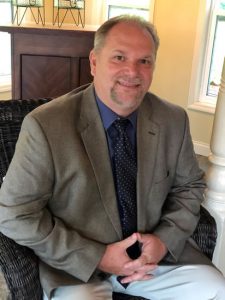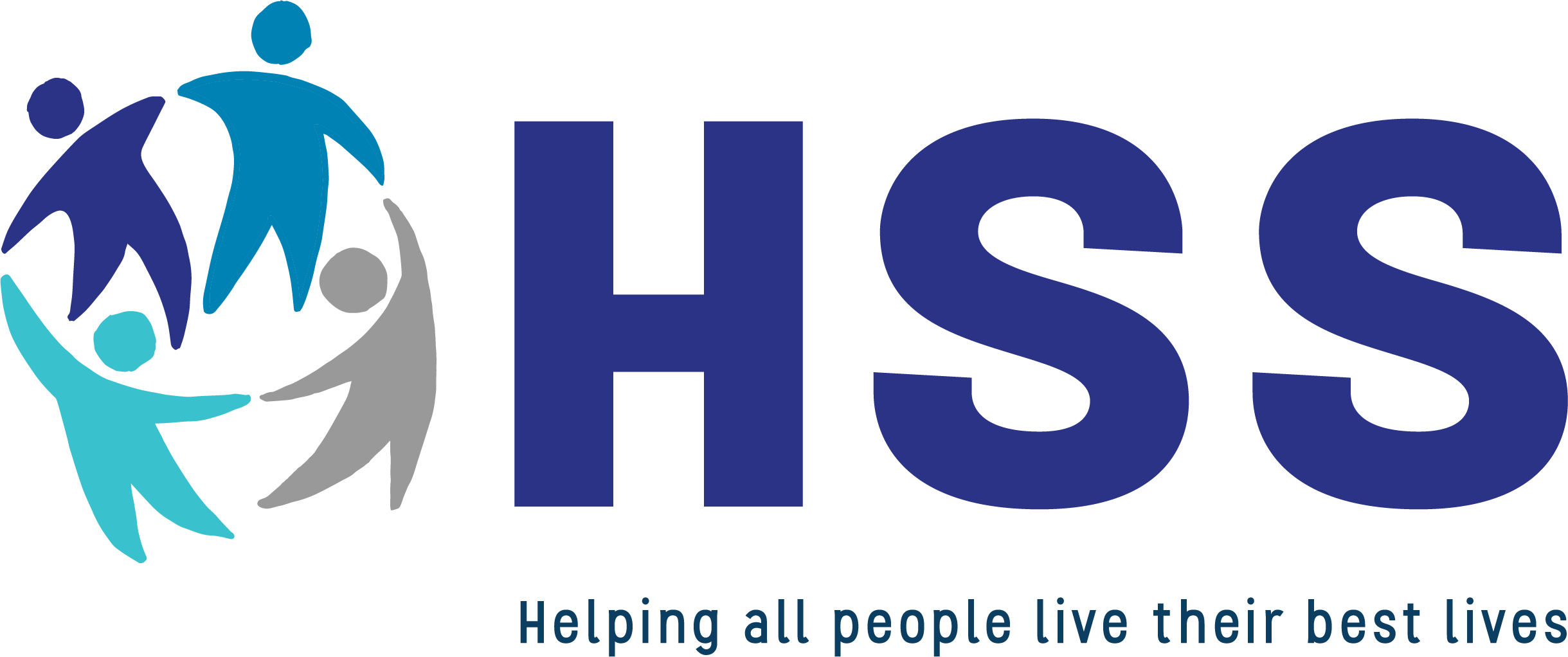
Laskowski Brings His Passion for Person-Centered Services to HSS
 Craig Laskowski didn’t intentionally seek out a career working with individuals with disabilities — he believes his path in life led him there.
Craig Laskowski didn’t intentionally seek out a career working with individuals with disabilities — he believes his path in life led him there.
Laskowski went to McKendree University to play baseball, not knowing exactly what he wanted to do professionally. An inspiring psychology teacher steered him toward a path in human services, but even after graduation, Laskowski’s future in the field was far from defined.
In fact, he admits that as a kid, he often felt nervous around individuals with disabilities.
It took the right set of circumstances for his whole attitude to change.
After eight months of job searching after college, Laskowski was hired to open the Lebanon Terrace Intermediate Care Facility for the Developmentally Disabled.
There, as one would expect, he was surrounded by people with developmental disabilities. And one man in particular opened Laskowski’s eyes to a new way of thinking.
This man was an avid baseball fan, like Laskowski. He knew all of Laskwoski’s high school stats.
As Laskowski recalls, “we hit it off right away.” They’d have one conversation after another.
“That was my first opportunity to relax and listen to him,” Laskowski said. “It was God’s way of introducing me in a way I was comfortable with, (and) it didn’t take me long to realize that what I had paid attention to was only on the outside, not on the inside.”
From those early conversations on, Laskowski was hooked on learning more. Now, he is convinced it was always his personal calling.
Today, he can look back at a more than 30-year career working with individuals with disabilities, where he has honed a specialty in person-centered care. He brought that expertise to Human Support Services a year ago this month, joining the organization as Chief Program Officer.
Before joining HSS, Laskowski worked for 28 years with the Illinois Department of Human Services’ Division of Developmental Disabilities.
While there, Laskowski was a trained facilitator in essential lifestyle planning, then personal futures planning and other similar models. He also had the opportunity to be trained by Michael Small, the pioneer of person centered planning.
Small’s message struck a chord with Laskowski, and person-centered care has been his passion ever since.
“When you allow people to live the way they want to live, it’s amazing…the dramatic impact it has on their lives, their self esteem,” he said. Laskowski became the division’s spokesperson for person-centered planning and service enhancement.
His message was often quite simple: the old ways aren’t what work best for the individual.
When an inspector of care, he would review the models in place at the time, “and I realized that no matter what, there was still something missing: quality of life. When we dictated what they had to work on, we focused on their weaknesses, ignored their strengths. Now we can focus on their strengths, gifts, talents, dreams and desires.”
He continued, “With person-centered, we talk about how to meet friends, different jobs we can do, how to self advocate for yourself, take control of your life — focus on their strengths, abilities, gifts, dreams and desires. Then you try to tailor services around that.”
Since starting at HSS, Laskowski has introduced an array of initiatives aimed at bringing the organization in line with state and federal mandates pertaining to person-centered care.
This has included extensive staff training on Personal Outcome Measures, to ensure HSS offers supports and services that are truly person-centered.
In the early spring of 2018, for instance, staff went through four days of personal outcome interviewer training to make sure the standards are being met.
The goal, Laskowski said, is to develop ways to support the individual so they aren’t entirely reliant on HSS — essentially, so they can live the life of a non-disabled person.
This might mean building a community around the individual so they are less dependent upon the service system, or perhaps finding modes of transportation beyond what HSS can provide.
Under the old models, Laskowski said, the goals were simpler: teaching someone to give change for a dollar, or how to tie their shoe.
“Now, it’s more,” he said. “It’s developing friends in the community, continuing traditions and rituals in their life with their family. Now, we want to find out what their dreams or desires are, personal outcomes, things they want to achieve.”
It’s allowing individuals to shape their own futures and preferences, dictate their own schedules and do ordinary things like plan a vacation, or cook and entertain for friends and family.
“The biggest thing for me has been seeing the change the clients here,” Laskowski said.
Newly empowered, he’ll hear their changed outlook just in day-to-day conversations.
“They’ll say to me, ‘You mean I could be my own boss one day?’” he said with a smile.
“To me, I feel that a person with a disabilities has the same dreams and desires that we have and should have the same right to pursue those as me or you.”

